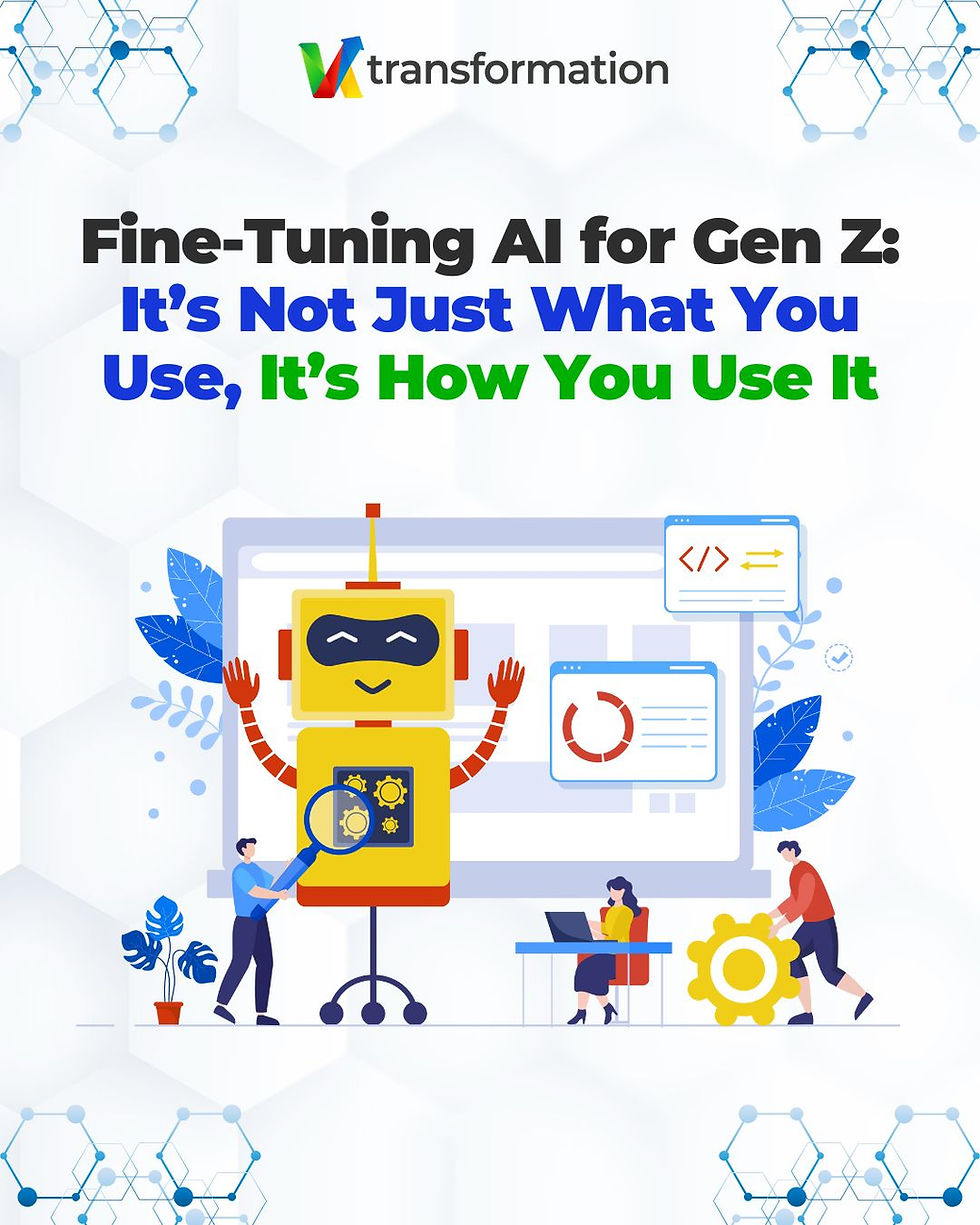Adapting Your Digital Marketing Strategies for the Post Pandemic World
- Vivien Koh
- Dec 6, 2021
- 4 min read
As we are counting down to a new year for 2022, are you thinking about how to accelerate growth with digital marketing in the post pandemic world?

The pandemic has redefined our at-home experiences, from the way we shop to the way we work. Because of these shifts, consumers today demand even more from brands digitally. The global spending on Digital Marketing is forecasted to grow by $128.83 billion with a CAGR of 6.53% during the period between 2021 to 2025. As such, it is imperative for businesses to understand the implications brought about during this post Covid era and adapt their digital marketing strategies accordingly. However, it is crucial to note that these implications are different for B2B and B2C business models.
What are the post-pandemic implications on digital marketing for B2B and B2C?
1. Digital Migration
The multitude of benefits brought by e-commerce has disrupted the physical retailing scene. A global McKinsey survey found that customers intend to increase their share of online shopping across most categories even post-pandemic. Consequently, the shift towards e-commerce is most likely to stay. The emphasis on e-commerce is ever more crucial today and the speed to market would be the reason for businesses to achieve rapid revenue recovery during this post-pandemic phase.
For businesses with physical stores, this means there is a need to integrate between both online and offline channels. At VKT, we have been working with B2B companies like wholesalers and distributors who have come online, to reimagine their O2O (online to offline) Go-To-Market by reviewing their omnichannel marketing strategies. Not only have we helped these businesses deliver seamless customer experiences, but we also made sure the strategies reduced online and offline channel conflicts.
2. Homebody Economy
The home has become a multifaceted hub during this crisis where it is a place not only for living, but also for working, shopping, learning and playing. According to the same McKinsey survey, consumers’ responded that the expected net intent to spend for at-home entertainment will increase over the next two weeks (during survey period) compared to usual spending patterns. Therefore, the homebody economy is expected to rise despite us stepping out from this pandemic. Though this implication has more to do with B2C, the effects on homebody economy are also altering the behaviours of B2B decision makers.
Research indicated that 70% to 80% of B2B decision makers prefer remote engagement or digital self-service. It is also predicted by McKinsey that B2B leaders who are committed in digitising their Go-To-Market models will reap higher benefits and returns in the form of increased customers and retention.
In essence, digitising your business model is a pivotal action to take in this post-pandemic era to accelerate the growth of your business. At VKT, we have been busy transforming and migrating some of our clients’ business digitally, building strong online brand presence while retaining the values of their business at the same time.
How should businesses adapt to the implications of digital migration and the homebody economy?
1. Redesigning Customer Journeys with Analytics
With the integration of offline and online channels as well as the proliferation of digital marketing, the customer journey is no longer as linear nor straightforward. With a multitude of touchpoints, conversion can happen at any stage. Businesses should have a targeted focus on prioritising specific cross-channel journeys by utilising advanced analytics. In doing so, companies can understand the intricacies behind customers’ interactions, intentions and behaviours across various touchpoints. Having such profound understanding of the journeys would enable businesses to identify which cross-channel experiences help drive the largest conversion rate.
Though this may be challenging, VKT has been helping our clients develop in-depth and extensive customer personas along with their customer journeys, along with our partnership with a data science analytics tool, Alavi.ai. This effort has helped improve our clients’ brand and product positioning.
2. Reimagining Go-To-Market & Branding for B2B
As most businesses would have made the transition online to catapult themselves ahead of competition, getting a share of voice in the market would be even more challenging. While trying to cut through the noise and generate leads & sales, businesses should continue to invest in improving their brand to further differentiate themselves from the competition. Also, offline events will be re-emerging with safe distancing policies relaxed, giving businesses another factor to consider adding in their arsenal.
3. Rethinking Digital Media Mix
The future of digital marketing post-pandemic is no longer simply being present on social media. With the expected rise of the homebody economy, businesses need to rethink their digital media mix across a larger set of channels, such as virtual reality, teleconferencing platforms, etc, and engage with the smart devices and interfaces in people’s homes as well. Not only that, but the messages delivered across these channels must be seamless, non-intrusive and native to the platform. These are opportunities for your brand to be continuously exposed to consumers, allowing for increased awareness and registering your brand to be top-of-mind.
Why should businesses consider VKT to drive performance during this post-pandemic phase?
As a consultancy and digital marketing agency, VKT has helped many businesses accelerate their digital business and digital marketing transformation during Covid-19, and now adapt to the post-pandemic environment.
With our experienced EDG Certified Consultant, VKT boasts a proven track record in achieving a high EDG application success rate with up to 80% funding. This maximum support level of up to 80% for the Enterprise Development Grant is valid till 31 March 2022.
So, wait no longer and join us for a virtual coffee chat to learn more about how you can leverage our expertise to begin your transformative digital marketing journey here.
Sources:



Comments